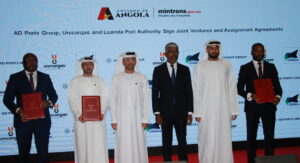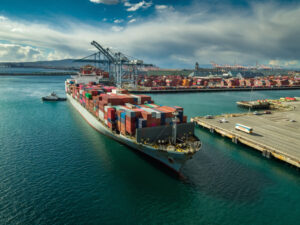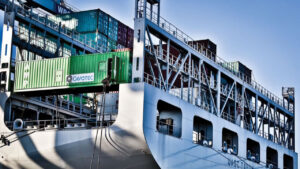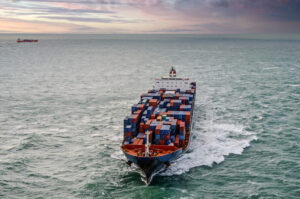TT Club has welcomed the initiative of the World Shipping Council (WSC) in its recent publication of guidelines to the industry in relation to implementing the SOLAS requirements that become mandatory on July 1, 2016.
The complex nature of logistics means that the term ‘shipper’ may encompass a range of people involved in the contracting, packing and transporting of cargo. However, as stated in the WSC’s guidelines, the key commercial relationship in question is with the person whose name is placed on the ocean carrier’s bill of lading.
Thus, in many cases, the responsibility for actual ‘verified’ declaration will rest with a freight forwarder, logistics operator or NVOC. This means that often reliance will have to be placed on others to have adequate certified methods to provide verified gross mass – particularly for consolidation business.
To read a Technical Paper by TT Club on cybercrime at ports, click here
Implicit in the SOLAS amendment is that the carrier sets in place processes that ensure that verified gross mass is available and used in planning the ship stow. Arguably, each carrier will need to amend systems and processes to capture ‘verified’ information.
However, the simplest might be to amend the booking process, so that the gross mass information is left blank in the system until ‘verified’ data are available. This will be effective if it is clearly understood by all partner lines and terminals with whom the line communicates.
The ‘terminal representative’ has been drawn into the new regulation as a key recipient of information for ship stow planning and in a joint and several responsibility not to load on board a ship if a verified gross mass is not available.
To read a Technical Paper on container weight verification, click here
There has been considerable debate as to whether terminals need to position themselves to be able to weigh containers, not least because of the cost of creating appropriate infrastructure, and amending systems and procedures, with uncertain return on investment.
In addition, there are commonly incidences of containers packed at the port, in which case the terminal activities could include assisting the shipper in producing the verified gross mass.
The SOLAS amendment places responsibility on national administrations to implement appropriate standards for calibration and ways of certifying. The overtly named parties rely on this to work smoothly and, preferably, consistently on a global basis.
It is suggested that key measures of success of the revised SOLAS regulation will include not only safety of containerised movements, but also free movement of boxes through all modes of surface transport, and a shift in behaviour and culture throughout the unit load industry.








